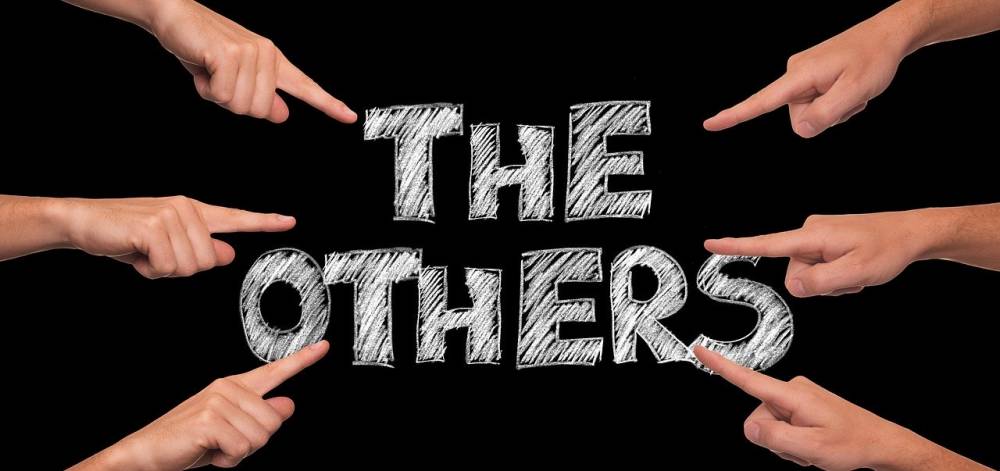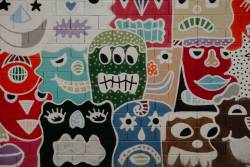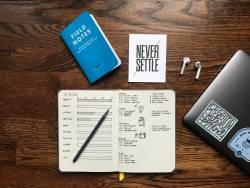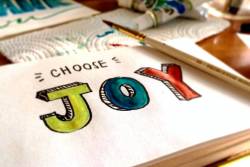
Two Important Lessons on Blame from Brené Brown

Blaming others for our problems and misfortunes can be the quickest way to discharge pain and discomfort. But does it really help us in any way? Does it help us to heal better, or does it take something away from us?
In an animation video, Brené Brown shares an interesting story about why she identifies as a blamer. In the cause of the video, she goes further into the research on blaming and how it can affect our lives.
Though the video is short, it provides valuable insight into blaming. It clearly illustrates why it is toxic behavior and a few negative effects it can have on relationships.
First Things First: Are You a Blamer?
According to Brené’s story and her insight, there is a simple way to tell if you are a blamer. How do you react when something goes wrong? Do you try to quickly figure out whose fault it is, or do you let empathy and accountability take center stage? If you are mostly occupied with trying to figure out whose fault it is, you are definitely a blamer.
In this animation, Brené tells the audience a story about dropping a full cup of coffee in her kitchen some years back. According to her, the first words that came out of her mouth after the drop was ‘damn you Steve.' She was quick to connect her misfortune to her husband coming home thirty minutes late the previous night. She had to make herself believe that if he had come home when they agreed, she probably wouldn't be having a second cup of coffee that morning.
Can you identify with the story? Do you quickly connect events and identify who is at fault for most of your mishaps? You are probably a blamer. You will know this if you are honest with yourself. If you identify as one, you are in good company. So, there is no need to fret about it. But you can always try to do better when you learn important lessons.
Two Important Lessons on Blame
After telling her funny story, Brené dives into research and provides some helpful insights. Quickly, we will consider two major lessons from this animation:
Lesson Number 1: Blaming Releases Discomfort and Pain
According to Brené, research has shown that “blame is simply the discharging of discomfort and pain.’ This may sound like a good thing, but her next words are more important: “it has an inverse relationship with accountability.” We will get back to that soon.
Blaming is just a way we discharge anger. It doesn’t really solve any problem. Instead, it messes with our mind in the short-run, and can also hurt our relationship with others in the long run. The energy we expend figuring out whose fault something is and the 15 seconds or so we spend raging doesn’t yield any positive result. Rather, it strips us of every iota of empathy.
Instead of just trying to discharge discomfort and pain by blaming others, we can take responsibility and become better. In Brené’s words, "I'd rather it be my fault than no one's fault." When you get to understand this, you will be in a better position to learn from mistakes instead of blaming others when something bad happens. The truth is, we only learn from mistakes when we lean into the discomfort they bring and take responsibility.
Blame Is Faster Than Accountability
How fast does it take to blame another person for your misfortune? Most of us can connect the dots and identify whose fault something is within milliseconds. Blame is that fast. But are the fastest things the best? You will know that this is not often the case when it comes to living a fulfilled life. Blaming is much faster than accountability and is also more dangerous to the same degree.
As stated earlier, blaming has an inverse relationship with accountability. Now, accountability is a vulnerable process that takes time and courage. Explaining further, Brené said accountability "means me calling you and saying, hey, my feelings were really hurt about this and talking." According to her, "People who blame a lot seldom have the tenacity and grit needed to hold people accountable. This means they bear grudges for a period without talking things out.
Blaming is fast and destructive. According to Brené, “Blaming is very corrosive in relationships, and it’s one of the reasons we miss our opportunities for empathy.” Blamers will always find it very difficult to maintain healthy relationships. This is majorly because they don’t understand or appreciate the place of empathy in relationships.
When things go wrong, they are mostly preoccupied with finding out whose fault it is. They will quickly connect the dots to something else, done by the other person. They don’t admit their shortcomings. They don’t accept the discomfort that comes from their own mistakes. They also can’t hold the other person accountable. This makes them super-angry in the short run and disgruntled in the long run. They affect their partners negatively without realizing it, and things can easily go south as a result.
Blaming is undoubtedly a cowardly and toxic behavior. In this short animation, De Brené Brown covered several important points. With her story, she illustrated how you could honestly identify whether you are a blamer or not. She also went into researches on the subject and provided insights on the negative sides of blaming. We intentionally picked two lessons from the short animation. You can learn a lot more when you watch it.













